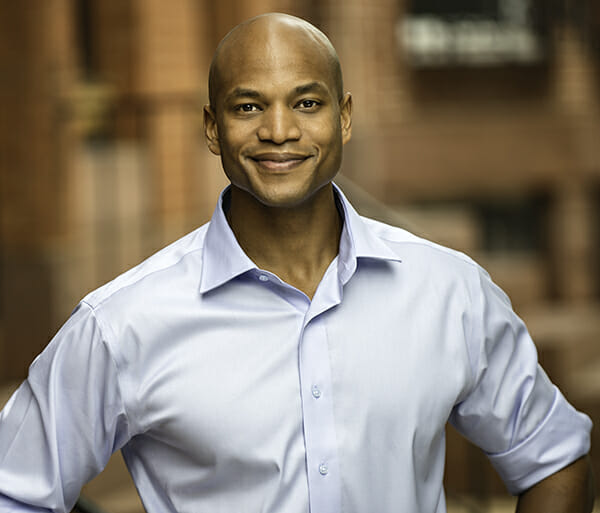
The Other Wes Moore (Book review)
Rev. Dr. Marilyn P. Turner-Triplett
October 1, 2019
“The Other Wes Moore: One Name, Two Fates,” takes an engaging approach to the memoir genre in its exploration of the lives of two youngsters who shared the same name, were born within a year of one another, and grew up in impoverished Baltimore neighborhoods that were within walking distance of one another. But by the time they reached manhood, their lives had taken disparate paths. The author had become a Rhodes Scholar who attended Oxford on a full scholarship, a decorated veteran and White House Fellow. The other Wes Moore had been convicted of killing an off-duty police officer and was spending the rest of his life behind prison bars with no possibility of parole.
Without becoming sententious, this book provides alternating reflections on their life journeys and, mostly successfully, encourages readers to engage in critical reflection on issues that are important to children and our society. What lies at the root of how and why these two lives, rich in superficial similarities, took dramatically different paths? When does a second chance become your last chance? What responsibility do we have for ensuring that all children have access to the resources they need to succeed? What small thing, what life occurrence, has the capacity to condemn or redeem a life?
What lies at the root of how and why these two lives, rich in superficial similarities, took dramatically different paths? When does a second chance become your last chance? What responsibility do we have for ensuring that all children have access to the resources they need to succeed? What small thing, what life occurrence, has the capacity to condemn or redeem a life?
“The Other Wes Moore” acknowledges the importance of parental and familial involvement, access to resources, role models, mentors, and opportunities to learn and recover from mistakes. However, it also boasts an underlying theme that we are responsible for taking control of our lives despite our circumstances. I worried whether that theme coupled with the superlative successes of the author might lead some to embrace the notion of pulling oneself up from one’s bootstraps. Nevertheless, after reading this book, my convictions to ensure that all children have the right to experience hope, a sense of safety, adequate housing, and food security were strengthened.
I was reminded that all of us make mistakes while growing up. Some err while living in environments where we are given time, resources and space to benefit and better ourselves as a result of those errors. Others, who lack similar support systems, may only experience second chances as opportunities to fail in sometimes irrevocably tragic ways. Any of us who has successfully navigated the sometimes-treacherous waters of childhood has the responsibility to nurture the potential that resides in every child. No matter their socioeconomic situation, race, culture, or any of the other demographic markings that too frequently divide us, we share accountability for helping children find their way in life.
This summer, the Rizpah’s Children ministry of American Baptist Home Mission Societies, partnered with the Somerset Learning Academy to provide a Freedom School. The foci of Freedom Schools are increasing reading appreciation, building self-confidence, love of family & community, introduction of role models, and social advocacy. The social advocacy issue this summer’s Freedom School considered related to gun violence. One young scholar who experienced a renewed sense of self at the Freedom School, Hameek Mills, found his poetic voice when he wrote the following:
Guns down, Gloves up.
Guns down, Gloves up.
All these people trying to take my head off, but I keep my head up, that’s the regular me.
I put my guns down and put my gloves on.
I got a Bible in my pocket, I am a scholar and a leader.
Guns down, Gloves up.
To young scholar and leader, Master Hameek Mills, I say, keep believing in yourself, keep reading, keep writing. Perhaps this summer’s Freedom School could become a key to open the doors of opportunity for Mills and other scholars who participated in it.
Rev. Dr. Marilyn P. Turner-Triplett is director, Community Outreach Ministries & Rizpah’s Children, at American Baptist Home Mission Societies.
The views expressed are those of the author and not necessarily those of American Baptist Home Mission Societies.
Want the latest from The Christian Citizen?
Subscribe to Christian Citizen Weekly

